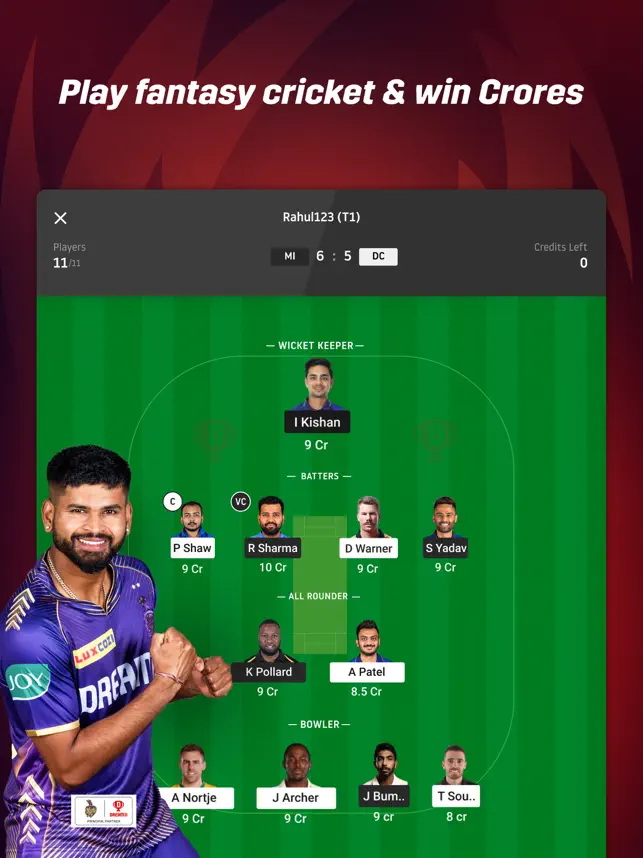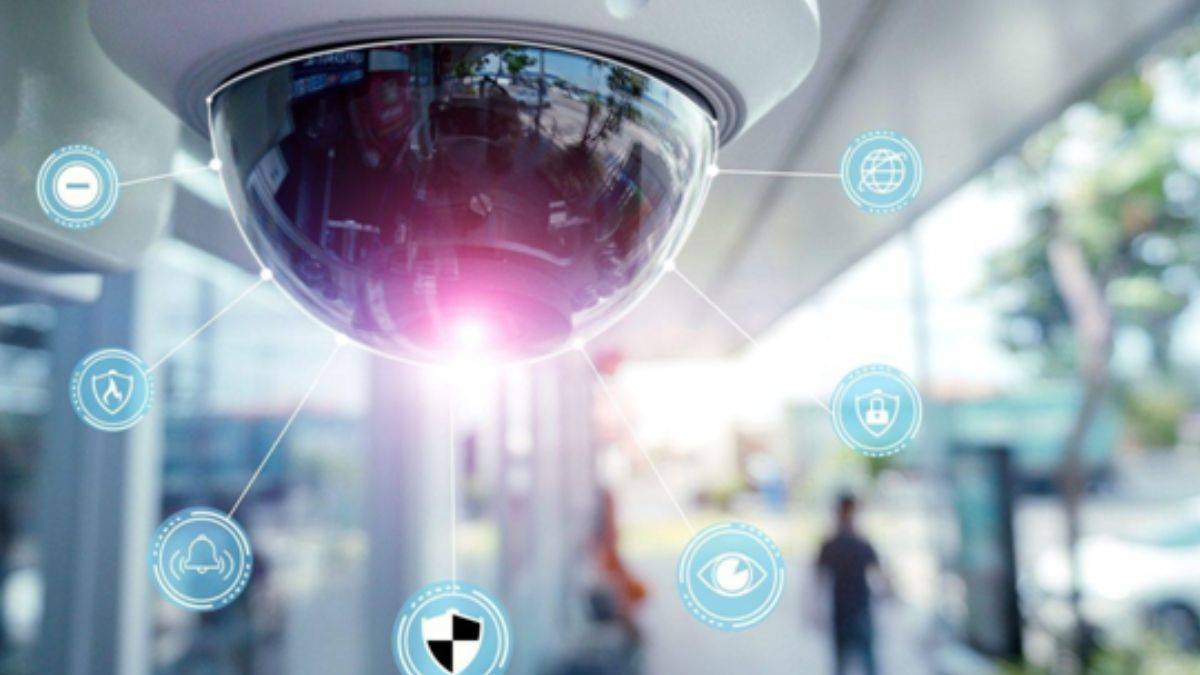Imagine if your every move was recorded. You were watched and monitored constantly. And this is not a far-fetched idea anymore!
For many of us, this world is not far off. With the advent of social media and the rise of big data, our lives are becoming increasingly transparent.
It’s no wonder, then, that privacy concerns are at an all-time high. A recent study by the Pew Research Center found that 91% of adults believe they have lost control over how personal information is collected and used by companies.
But it’s not just companies who are collecting our data. Social media platforms like Facebook and Twitter also gather huge amounts of data about their users. And while these companies say they take our privacy seriously, there have been several high-profile breaches in recent years.
So what can you do to protect your privacy on social media? Here are a few tips:
1. Use a privacy-focused social media platform.
Several social media platforms place a greater emphasis on privacy than others. For example, MeWe is a social media platform that does not sell user data and offers features like end-to-end encryption. But more importantly, you must protect your credentials. The user name and password you use to access social media should be unique and not used for any other purpose. For this purpose, you can use a free username generator to create a unique and secure username. Using a password manager to keep track of your passwords will also be helpful. However, while opting for a password manager, ensure it’s reputable.
2. Be mindful of what you share.
Before you hit the “post” button, think carefully about what you’re sharing and who you’re sharing it with. Once something is posted on social media, it can be challenging to take it down. So if you wouldn’t want your boss or parents to see it, don’t post it.
Most importantly, be aware of the privacy settings for each social media platform. These settings allow you to control who can see your posts and other information about you. For example, on Facebook, you can choose to make your profile private so that only people who are your “friends” can see it.
3. Don’t click on links from unknown sources.
Phishing is an online scam where criminals pose as a reputable company or person to steal your personal information. They do this by sending you an email or message that contains a link to a fake website. When you click on the link, you’re taken to the fake site where you’re asked to enter personal information like your name, address, and credit card number.
Don’t click on links from unknown sources to protect yourself from phishing scams. For example, if you receive an unsolicited message that contains a link, don’t click on it. And if you’re unsure about a website, do a quick Google search to see if it’s legitimate.
4. Use two-factor authentication.
Two-factor authentication is an extra layer of security that requires you to enter a code in addition to your username and password when logging into an account. This code is usually sent to your mobile device via text message or an app like Google Authenticator.
Two-factor authentication is a great way to protect your accounts from being hacked. And it’s becoming more common, with many social media platforms now offering this option. So if you haven’t already, enable two-factor authentication for your social media accounts.
5. Don’t overshare.
It’s important to be aware of the information you share on social media. For example, avoid sharing your home address, phone number, or date of birth. And think carefully before posting photos that could reveal personal information like your location.
Generally, it’s best to be cautious when sharing information on social media. If you’re unsure whether or not to share something, it’s probably best to keep it to yourself.
6. Be aware of the apps you use.
Many social media platforms allow you to connect with other people through third-party apps. For example, you can connect your Facebook account with a game or fitness app. Unfortunately, while these apps can be convenient, they pose a privacy risk.
That’s because when you connect an app to your social media account, you give it access to personal information like your name, contact info, and even your friends’ list. So before you connect an app to your social media account, read its privacy policy and understand what information it will have access to.
7. Be cautious about accepting friends or following requests.
Before you accept a friend or follow a request, take a moment to consider whether or not you know the user managing the account. If you don’t know them, think about why they might connect with you.
Generally, it’s best only to accept friends or follow requests from people you know and trust. But if you’re unsure, you can always check their profile to see if you have any mutual friends.
8. Use a VPN.
A VPN, or virtual private network, is software that encrypts your internet traffic and routes it through a server in another location. It makes it difficult for anyone to track your online activity or hack into your personal information.
If you’re concerned about your privacy on social media, using a VPN is a great way to protect yourself. And there are many reputable VPN providers to choose from.
9. Check your privacy settings.
Most social media platforms have privacy settings that allow you to control who can see your posts and other information about you. For example, on Facebook, you can only make your profile visible to your friends or even keep it private.
So if you’re concerned about your privacy on social media, check the privacy settings for each platform you use. And remember, even if your privacy settings are set to “private,” your information is always a risk of being leaked or hacked.
10. Try not to worry too much.
It’s important to remember that social media is just a tool. And while it can be used to violate your privacy, it can also be used to protect it. So if you’re concerned about your privacy on social media, take steps to protect yourself. But don’t let your fear of being hacked or tracked keep you from enjoying the benefits of social media.
However, if you are still worried about your privacy, consider using a social media platform that offers end-to-end encryption. This means that your conversations can only be read by the people you’re talking to and no one else.
Bottom Line:
If you’re concerned about your social media privacy, enable two-factor authentication for your accounts. It would be best if you also were cautious about the information you share and the apps you use. Additionally, consider using a VPN and check your privacy settings.
Alton Clarke was born and raised in Syracuse. He has written for MSNBC, The Business Insider and Passport Magazine. In regards to academics, Alton earned a degree from St. John’s University. Alton covers entertainment and culture stories here at Diving daily.











